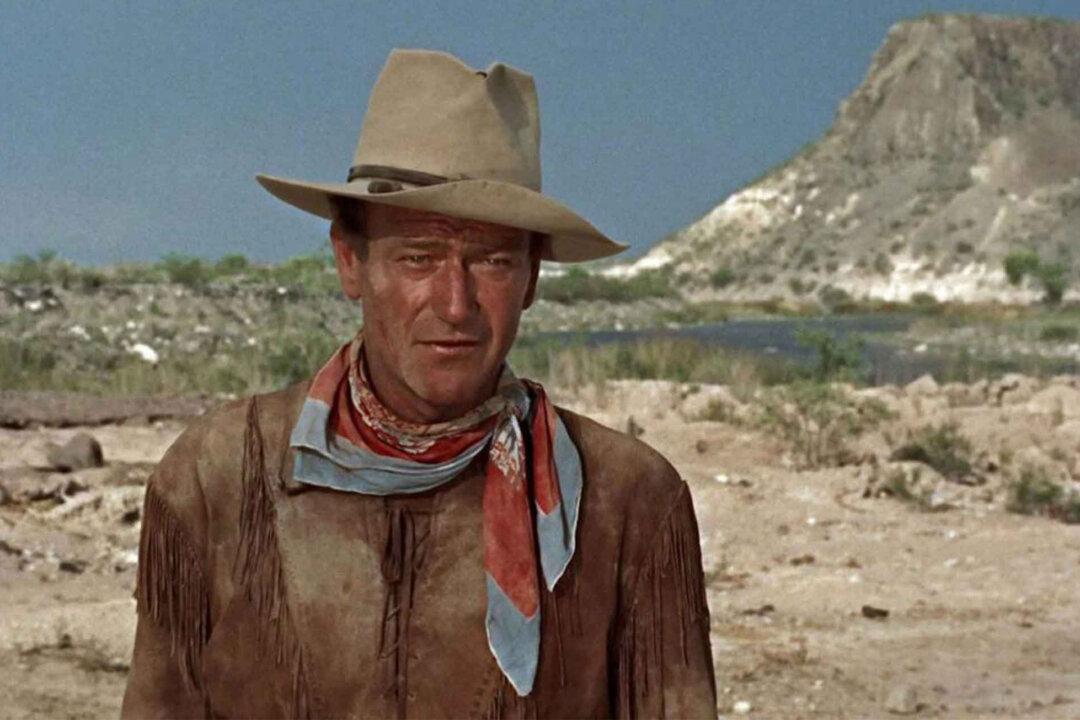NR | 1h 23m | Drama, Romance, Western | 1953
It’s fascinating to reflect on the life of “Hondo” director John Farrow, especially given how much he accomplished both in and out of Hollywood. Born in Sydney, Australia, his early travels provided him with a rich tapestry of life experiences that fueled his creativity as a filmmaker. His transition from a short story writer to a sought-after screenwriter in the 1920s speaks volumes about his adaptability and talent. Working for RKO, Warner Bros., and Paramount, he clearly knew how to navigate the competitive world of Hollywood.






